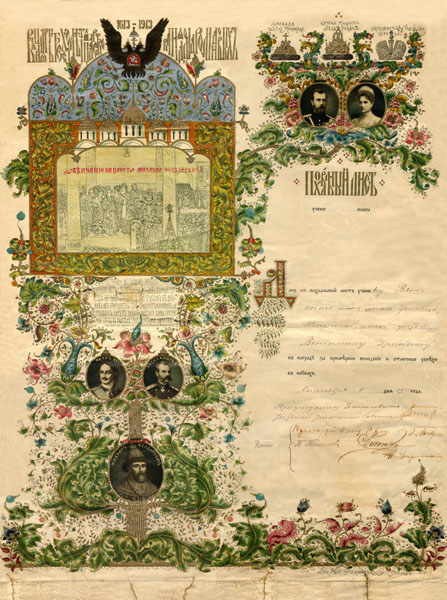Instruction
1
First, contact your relatives. You can help grandmothers, grandfathers, great-grandmothers, grandparents and other relatives of the older generations. All the information carefully fix it on paper. You can even arrange the facts gathered in the pedigree, two branches of which are your mother and father.
2
Pay attention to your media names, that is, members of the male sex among relatives. It can also be women, who asked not to change their father's name on her husband's, although this is extremely rare. Watch, perhaps, surname, passing from generation to generation, somehow transformed. Very often such cases are met due to the fact that the Registrar did in fact error in the spelling of his own name when he registered the newborn. For example, instead of "Korobchenko" appeared the entry "Korobchenko".
3
Take the most ancient names, which you will be able to "dig out", and analyze it. Here you should pay attention to several factors. The name can reflect the type of activity of your ancestors. For example, the option Kolesnikov leads to the assumption that your forefathers were engaged in production of wooden wheels for carts. Other possible variations can be features of appearance, through which was born your last name, for example, Nogin or Glazov. Perhaps your ancient relatives got the nickname that became a surname, because of military rank, noble titles, character traits, longevity, number of children or other signs. Away could appear such namesas Officers, Queens, Zlobin, Starovoytov, NP childless and others.
4
Seek the help of professionals who spetsializiruyutsya on the study of the origin of names, such as the Society of lovers of Russian history. On the website http://www.olri.ru/ for a small fee you will be able to solve a pressing issue. Can also try your luck on the online http://gendrevo.ru where you will also help to know the roots of their names.


